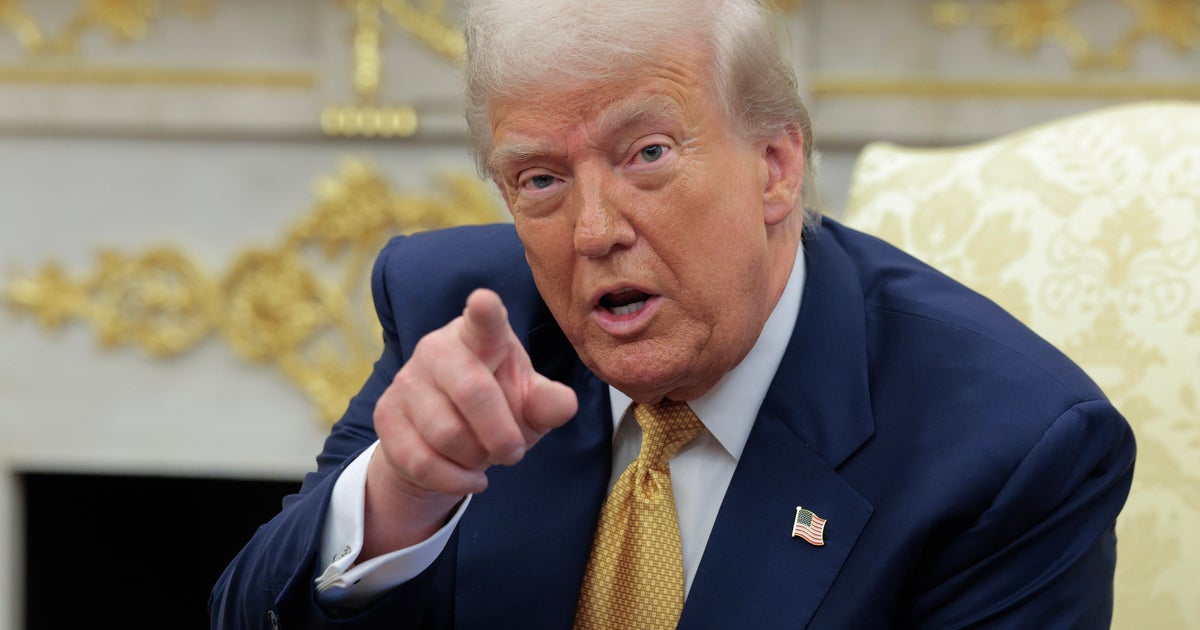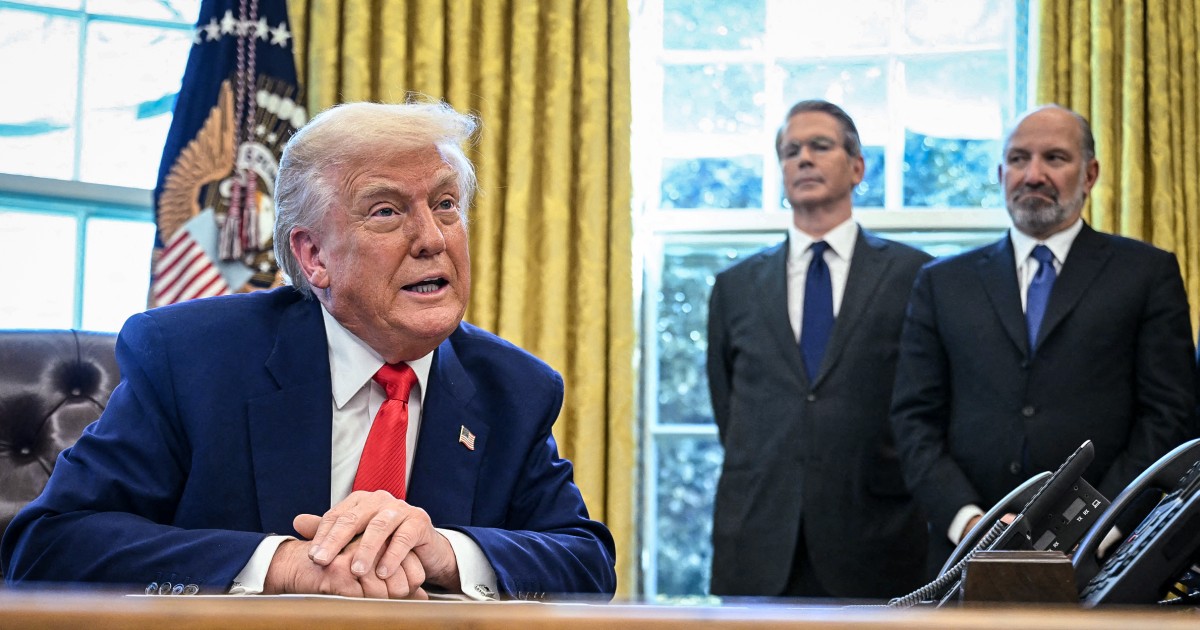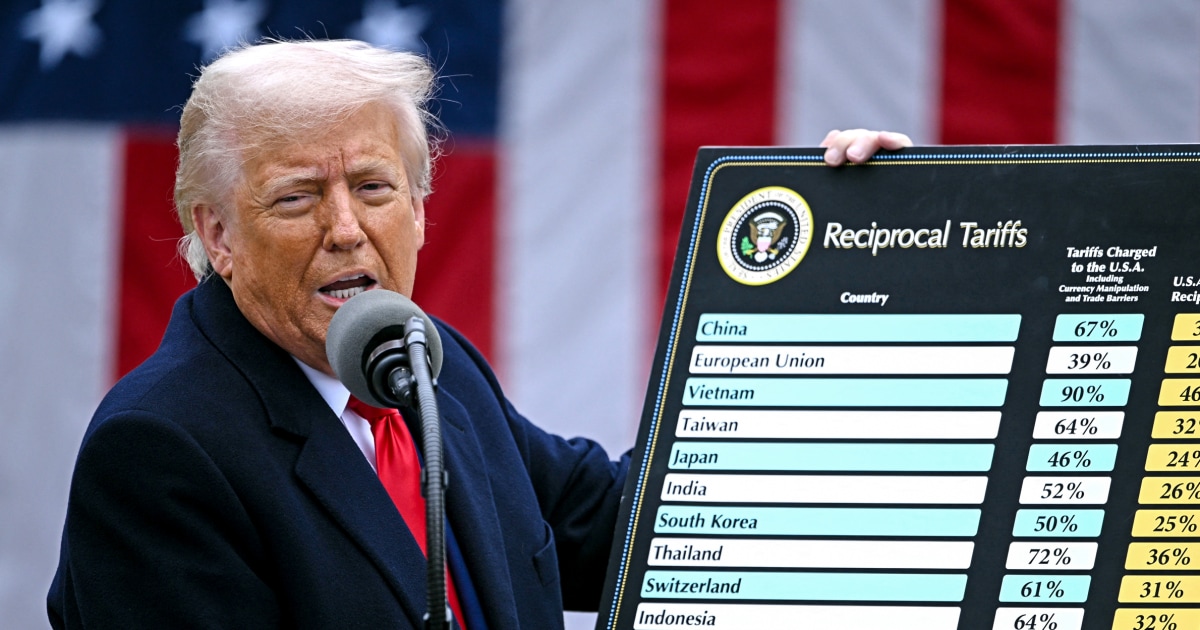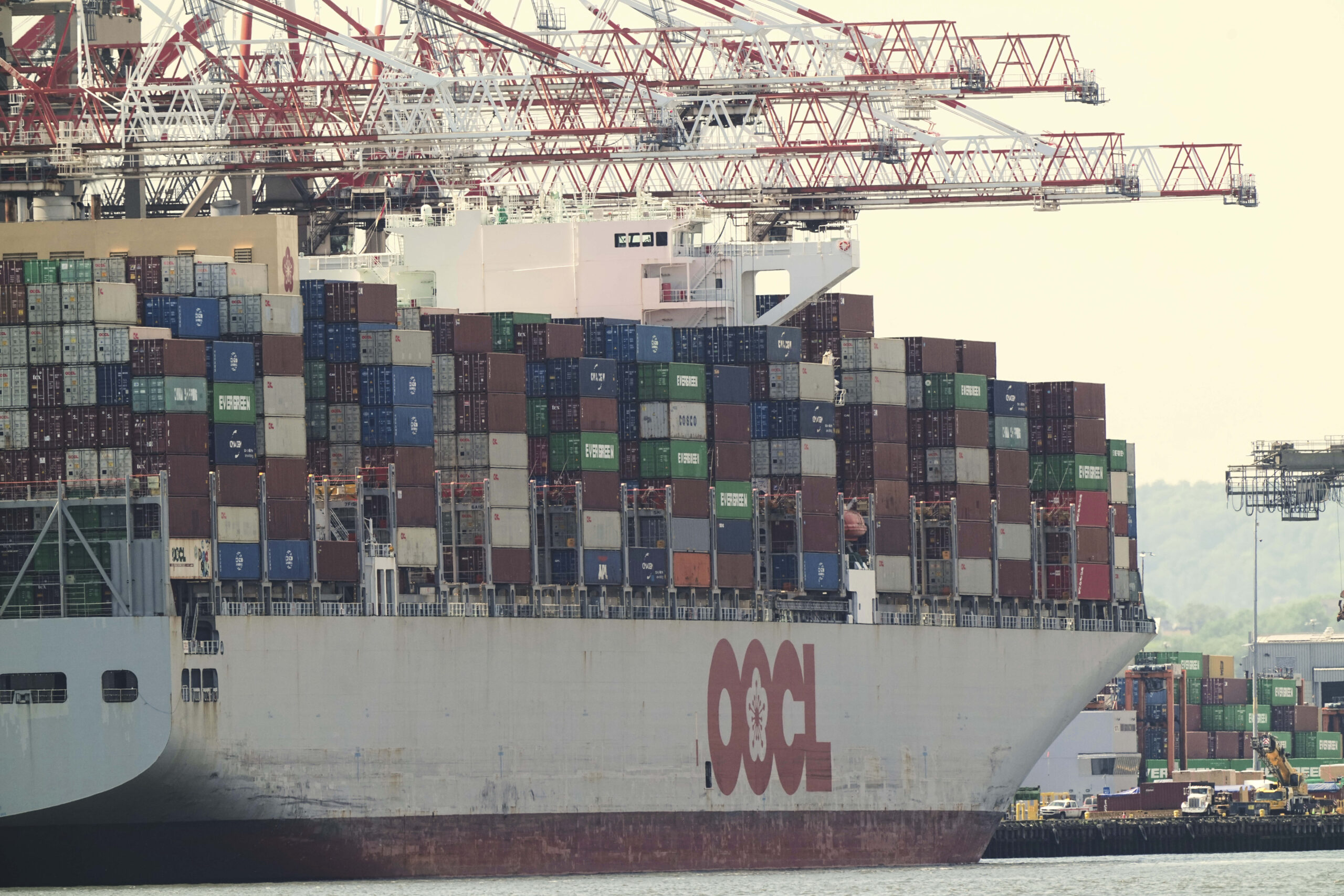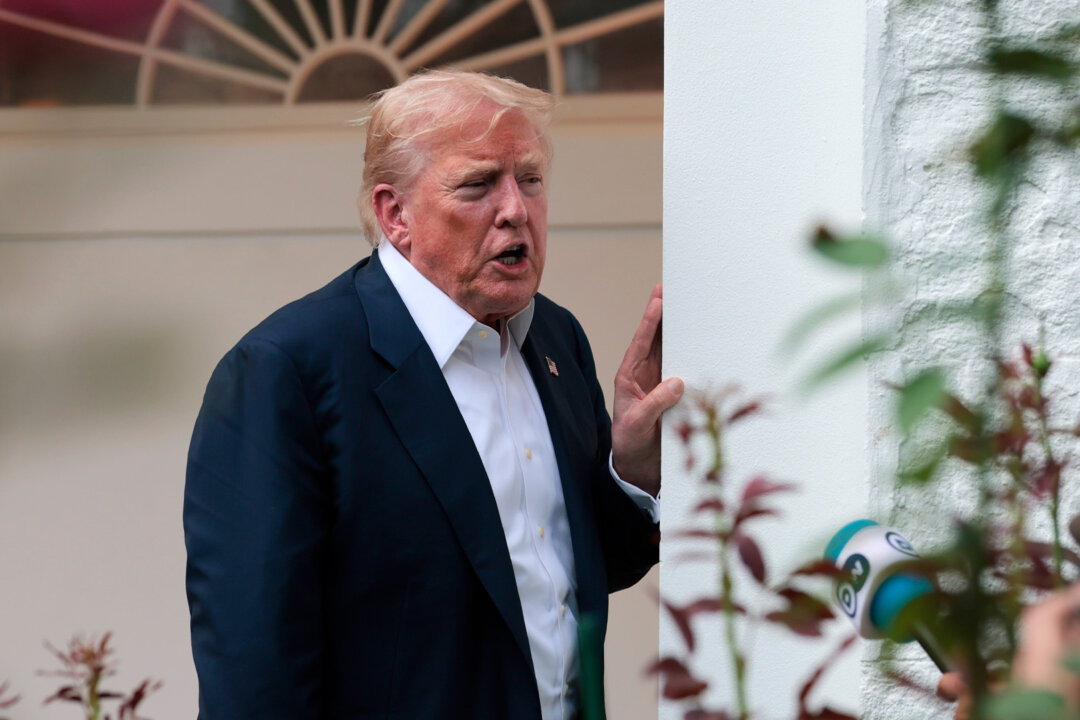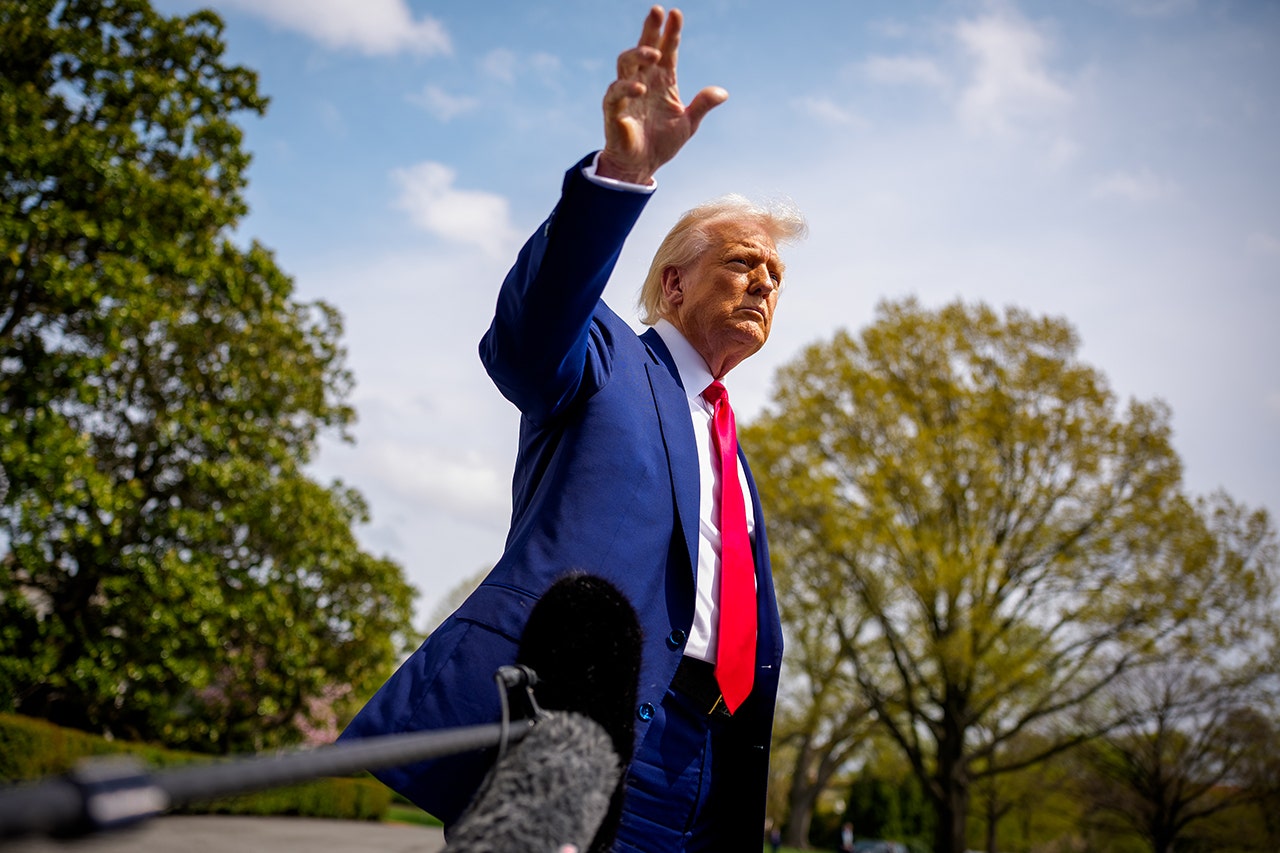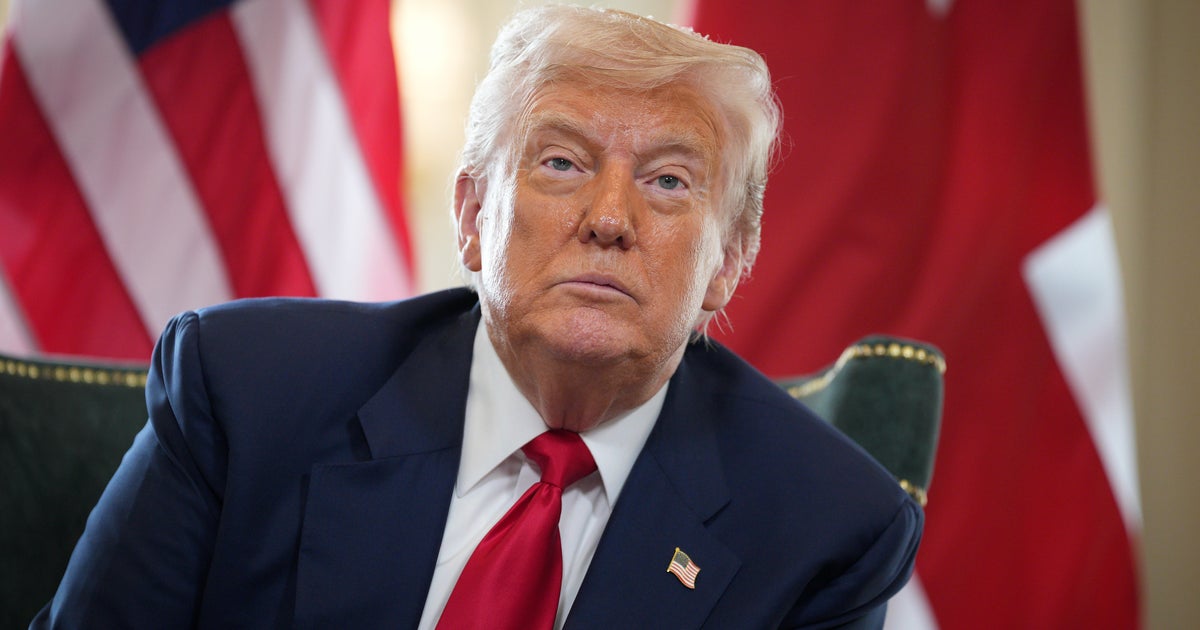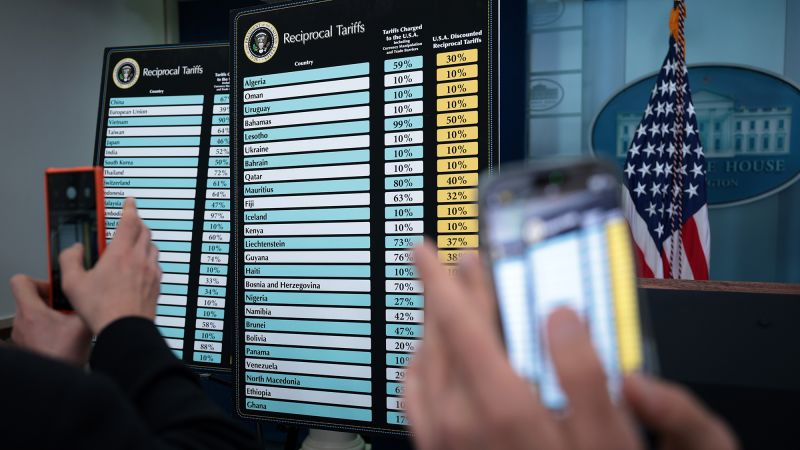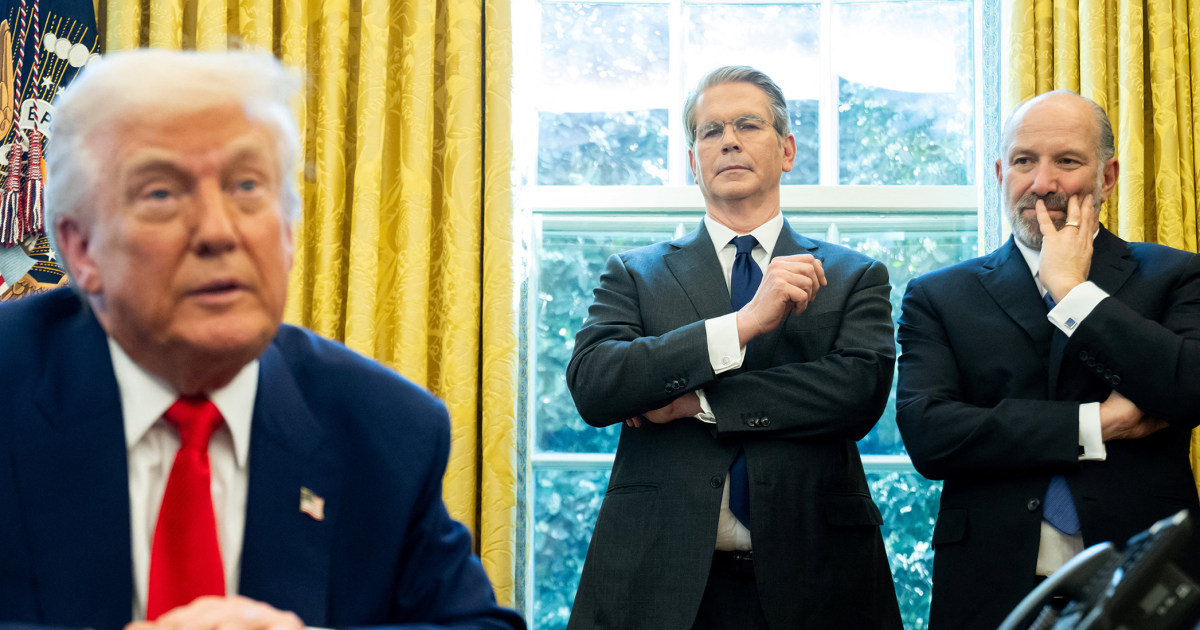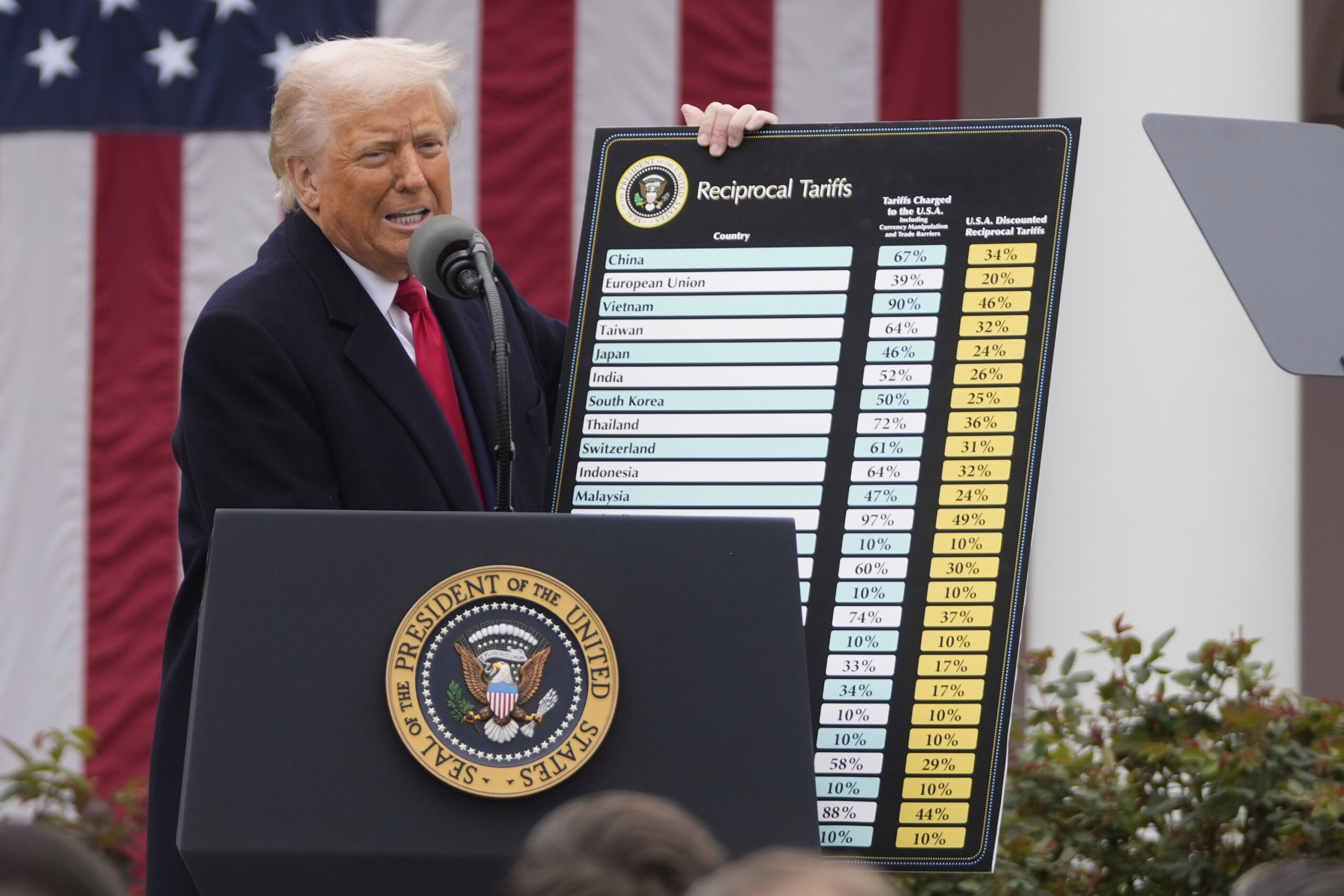President Trump's Tariffs Face Intensifying Legal Challenges in Federal Courts
President Trump's extensive tariffs, implemented since April, are facing significant legal challenges in federal courts, with lawsuits arguing he exceeded executive authority, potentially heading to the Supreme Court.
Subscribe to unlock this story
We really don't like cutting you off, but you've reached your monthly limit. At just $5/month, subscriptions are how we keep this project going. Start your free 7-day trial today!
Get StartedHave an account? Sign in
Overview
- President Trump implemented extensive tariffs, including a 10% baseline, across various trading partners starting in April, impacting international trade relations.
- These tariffs are now facing significant legal challenges in federal courts, with at least seven lawsuits arguing President Trump exceeded his executive authority.
- The U.S. Court of International Trade ruled against Trump's tariffs in May, and the U.S. Court of Appeals is currently reviewing their legality.
- Plaintiffs contend the U.S. Constitution grants Congress sole power to levy taxes, challenging Trump's use of emergency power laws for tariff imposition without congressional approval.
- The legal battle is widely expected to reach the U.S. Supreme Court, regardless of the appeals court's decision, creating uncertainty for the future of Trump's trade policies.
Report issue

Read both sides in 5 minutes each day
Analysis
Center-leaning sources frame this story by emphasizing the negative economic consequences and legal challenges of the Trump administration's tariff policies. They consistently highlight expert opinions and data suggesting increased costs for consumers, market uncertainty, and a lack of evidence for stated benefits, while also underscoring the unprecedented nature and legal vulnerability of the president's actions.
Articles (21)
Center (8)
FAQ
The lawsuits argue that President Trump exceeded his executive authority by imposing tariffs without congressional approval, contending that only Congress has the sole power to levy taxes under the U.S. Constitution.
The U.S. Court of International Trade ruled against the tariffs in May, and currently, a three-judge panel is reviewing their legality in the U.S. Court of Appeals, which has given the tariffs a frosty reception.
Because multiple lawsuits have challenged the president’s authority to impose tariffs without congressional approval, and given the constitutional questions involved, it is widely anticipated that the Supreme Court will ultimately decide on the issue regardless of the appeals court's decision.
The tariffs, including a baseline 10% tariff imposed across various trading partners, have created tensions in international trade relations by disrupting normal trade flows and provoking legal and political responses from affected countries.
President Trump relied on emergency power laws to impose the tariffs without seeking congressional approval, a justification that plaintiffs argue is inconsistent with constitutional limits on executive authority.
History
- 3M

 4 articles
4 articles
- 3M

 3 articles
3 articles
- 3M

 5 articles
5 articles
